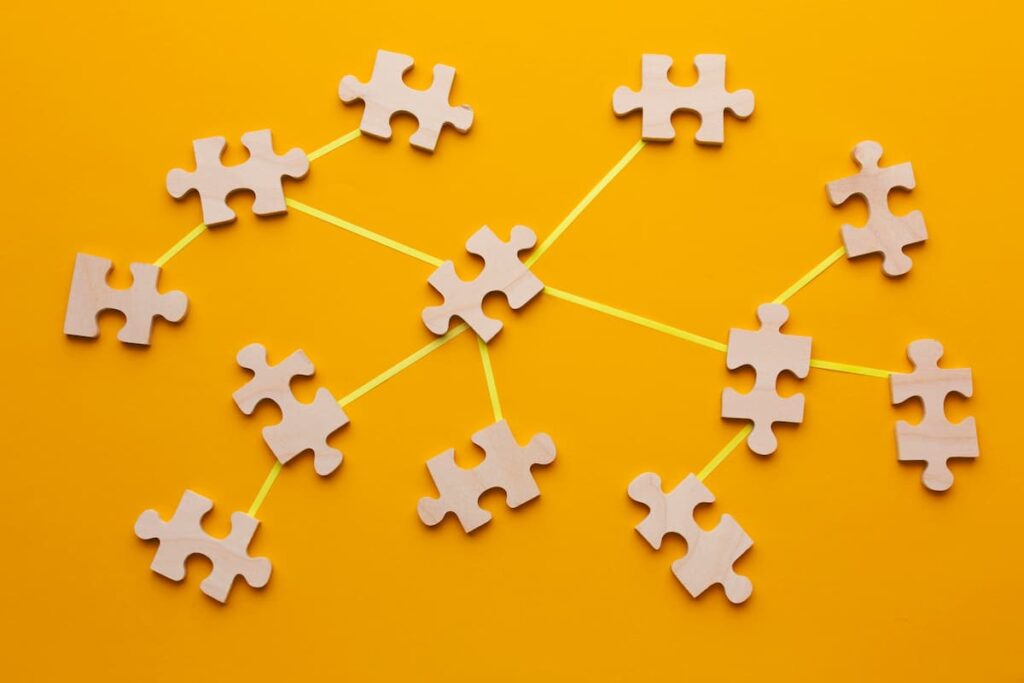
Intersectionality is a term and framework that sheds light on the ways our identities overlap and interact within systems of power, privilege, and oppression. Coined by Kimberlé Crenshaw, a Black feminist scholar and legal theorist, intersectionality emerged as a way to address the unique challenges faced by individuals whose lives are shaped by multiple, intersecting forms of marginalization. Crenshaw first introduced the term in the late 1980s to describe how Black women’s experiences of racism and sexism were often ignored or misunderstood within both feminist movements and anti-racist activism.
Since then, intersectionality has become an essential lens for understanding how various aspects of identity—such as race, gender, class, sexuality, ability, religion, and more—intersect and shape people’s experiences in the world. It highlights how systems of power and oppression are not isolated but interconnected, creating unique challenges and privileges for each individual.
The Roots of Intersectionality
Crenshaw’s work was inspired by the lived experiences of Black women who were excluded from spaces that addressed gender inequality or racial injustice separately but failed to consider how these forces combined. For example, a Black woman experiencing workplace discrimination might face racism and sexism simultaneously, yet traditional frameworks of discrimination often failed to capture this nuanced reality.
Intersectionality builds on the work of earlier thinkers, including Black feminist activists and scholars like Audre Lorde, bell hooks, and the Combahee River Collective, who emphasized the importance of addressing overlapping systems of oppression. It has since expanded to include a wide range of identities and experiences, from socioeconomic status to immigration status, age, and more.
Intersectionality in Counselling and Coaching
Intersectionality is not just an academic concept—it’s a vital tool for understanding and addressing the complexities of human experiences, particularly in counselling and coaching.
Recognizing Social Locations
Everyone exists within a web of social locations—positions defined by our identities and the power dynamics associated with them. These locations determine how we experience privilege and oppression, inclusion and exclusion. For example, a white, cisgender woman may face gender discrimination but benefit from racial privilege, while a queer, Indigenous man may encounter challenges tied to both his sexuality and his race.
Counsellors and coaches who embrace intersectionality work to understand how these overlapping identities shape their clients’ experiences, challenges, and strengths. By acknowledging social locations, we can meet clients where they are, respecting their lived realities and avoiding one-size-fits-all approaches.
Addressing Power Dynamics
Power dynamics play a central role in intersectionality. Systems of power—such as patriarchy, white supremacy, capitalism, and ableism—shape opportunities, access, and outcomes. Acknowledging these dynamics helps clients make sense of external challenges, such as systemic barriers to education or employment, and internalized oppression, like feelings of inadequacy stemming from societal marginalization.
Supporting Clients Holistically
Intersectionality reminds us that people are complex and multifaceted. By addressing the interplay of personal identity and systemic influence, we can offer a more holistic approach to counselling and coaching. For example:
- In Counselling: Intersectionality helps clients unpack how societal pressures and systemic inequities contribute to mental health challenges, such as anxiety, depression, or trauma. It also provides a framework for understanding resilience and strength rooted in cultural or community identity.
- In Coaching: Intersectionality supports clients in navigating professional and personal goals within a world influenced by systemic barriers. Whether addressing workplace inequities or balancing cultural expectations, an intersectional lens helps clients create strategies that honor their unique experiences.
How I Can Help
As a counsellor and coach, I integrate intersectionality into my practice to provide a safe, empathetic, and inclusive space. Together, we’ll explore how your identities and social locations shape your experiences, challenges, and opportunities. Whether you’re navigating systemic barriers, personal growth, or professional transitions, I’ll support you in developing strategies that align with your values and lived reality.
Drawing on nearly three decades of leadership experience and evidence-based therapeutic approaches like Coherence Therapy and Emotion-Focused Therapy (EFT), I offer tools to help you understand and transform patterns shaped by societal dynamics. My coaching expertise allows us to take these insights further, building actionable plans that empower you to thrive in a complex world
Moving Forward
Intersectionality teaches us that no single identity or experience defines who we are. By embracing the complexity of our intersecting identities, we can better understand ourselves and others, cultivate resilience, and navigate the world’s challenges with clarity and purpose.
Reach out today, and let’s explore how intersectionality can guide your journey to healing, growth, and empowerment.


